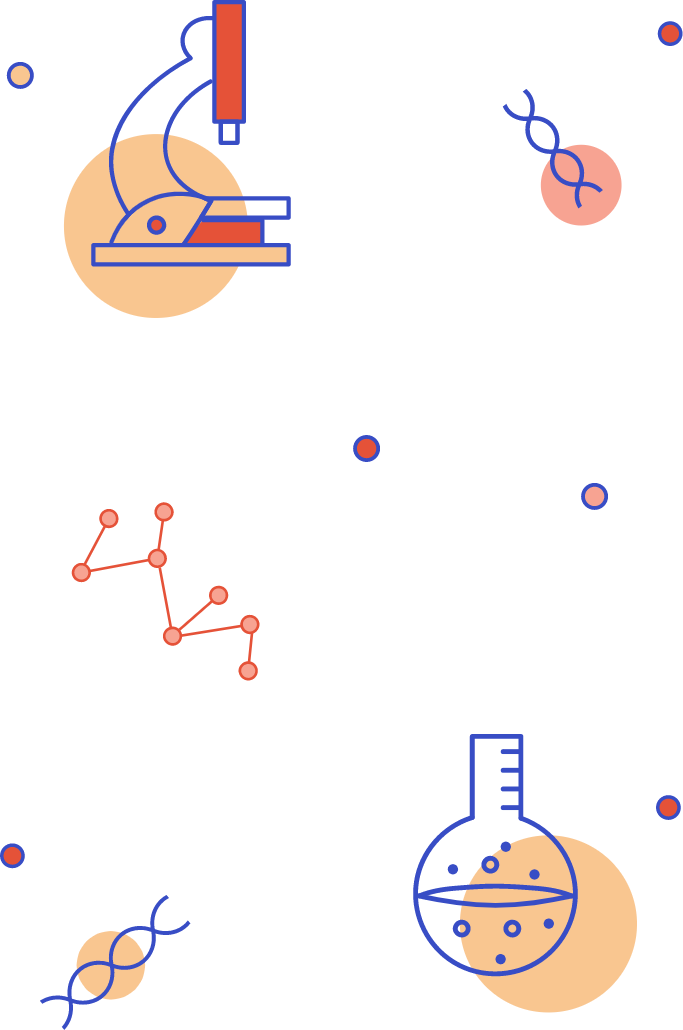About the project
Women have been gaining space in the most varied academic areas in recent years. However, we are still underrepresented in the areas of Science, Technology, Engineering and Mathematics (STEM). Although there are several relevant pioneering researchers in many areas of activity, there is still a lot to be done to encourage and inspire girls and women to pursue a career in science.
The inclusion of women in STEM is one of the goals of UNESCO's Sustainable Development Agenda 2030, with a new vision on current social and economic issues. From a scientific perspective, the inclusion of women “promotes scientific excellence and boosts the quality of STEM results, since different approaches add creativity, reduce potential biases, and promote knowledge and more robust solutions” according to the organization's official website.
Women in Science (Mulheres na Ciência) is a British Council program seeking to strengthen connections with women in science in Brazil and the UK at the individual and institutional levels to transform patterns of influence and strengthen leadership and gender schemes in the exact sciences. After the partnership between King's College London, Pontifícia Universidade do Rio Grande do Sul (PUCRS) and the Universidade Federal do Rio Grande do Sul (UFRGS), the new phase of the project has the contribution of University College London, Glasgow Caledonian University, Universidade Federal de Pelotas (UFPEL), and Universidade Feevale.
